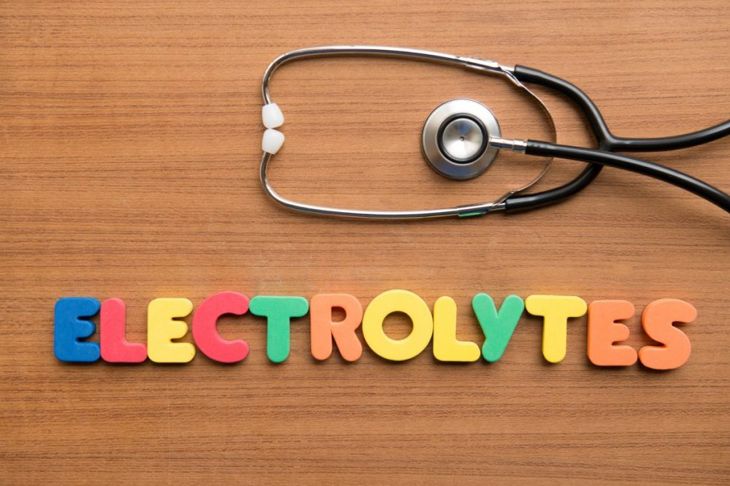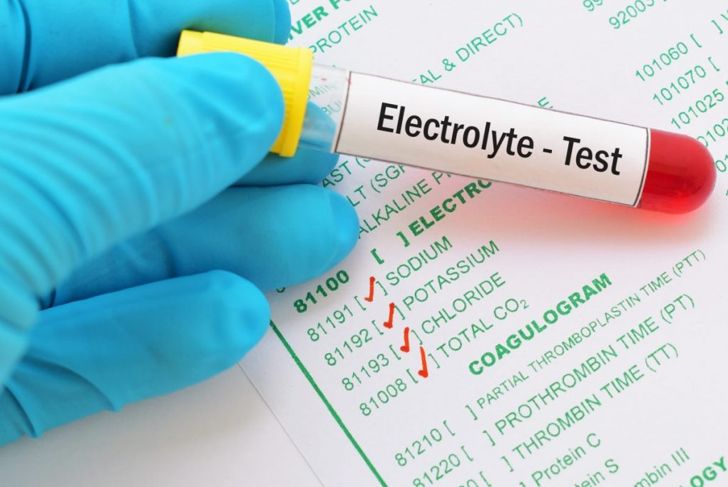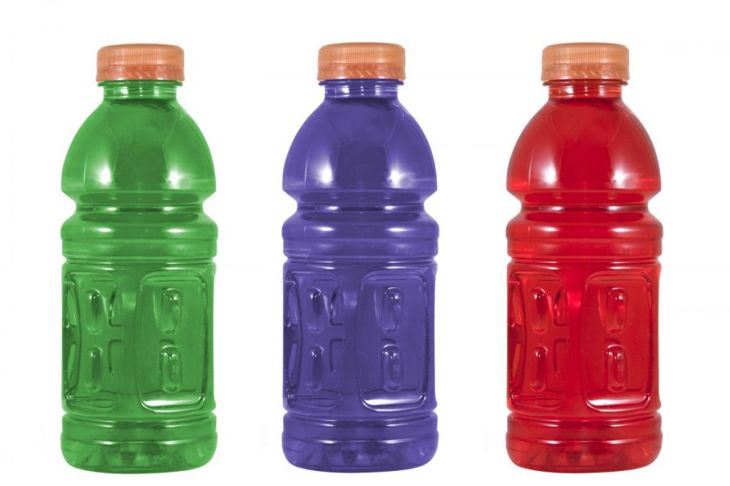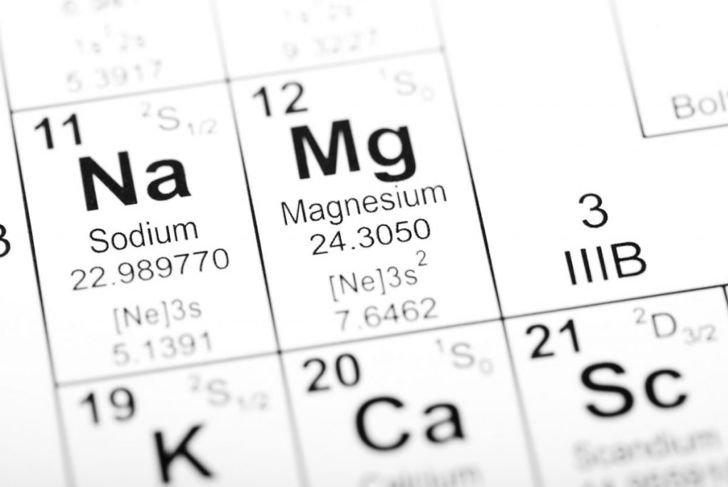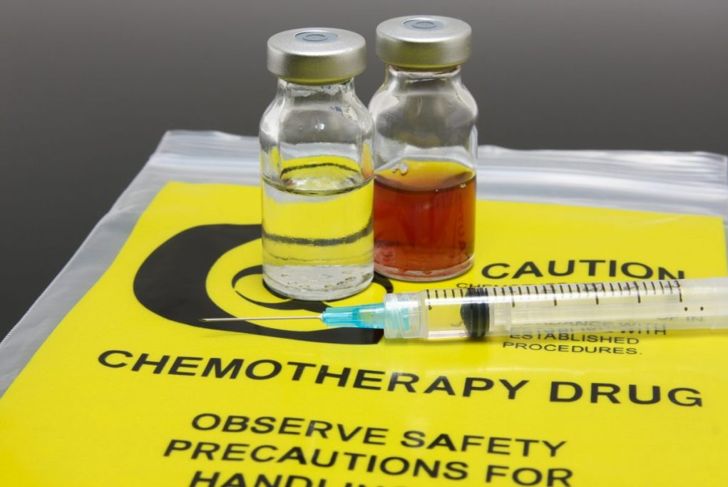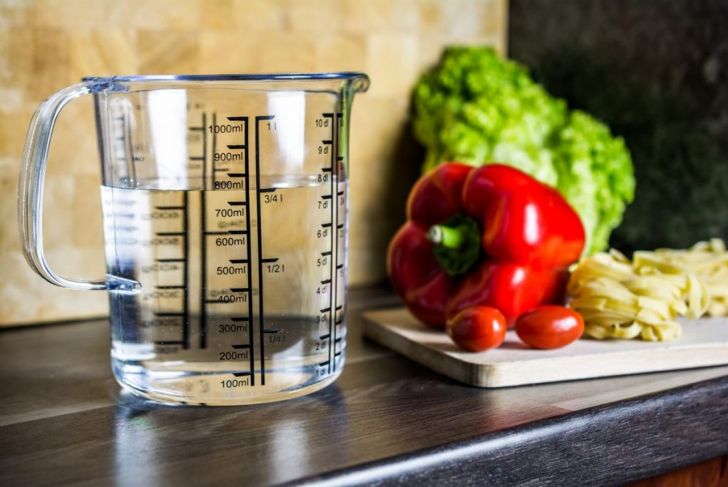An electrolyte imbalance can be the root of many common health issues. Often, people are not even aware of electrolyte imbalances since they rectify themselves without serious repercussions. However, a persistent lack or excessive amount of electrolytes can harm the body.
What are Electrolytes?
Electrolytes are minerals that conduct electricity and dissolve in water. Once in the body, they participate in various actions such as energy production, hydration, heart rate, and muscle contraction. They are also responsible for regulating blood pH and clotting and transmitting signals to and from the heart and nerves.
What Causes Electrolyte Imbalances?
An electrolyte imbalance occurs when electrolyte levels are too high or, more commonly, too low. Dehydration is the most common cause since a lack of water also means a lack of electrolytes. Some of the most vital electrolytes are calcium, potassium, sodium, and magnesium. These can be lost when ill — vomiting, diarrhea, and fever drain the body of fluids. Other causes of dehydration and a loss of electrolytes include sweating from exertion, medication such as diuretics, and an internal pH imbalance.
What are the Symptoms?
Some symptoms of an electrolyte imbalance include:
- Muscle aches or spasms
- Cramping
- Restlessness
- Heart palpitations
- Tiredness or fatigue
- Dizziness or irritability
These symptoms may be minor and undetectable, but without correction, they can lead to more serious issues. Seizures, severe headaches, and convulsions can all occur when the body lacks vital electrolytes for a prolonged period.
Treatment: Rehydrate Your Body
Rehydration is the most effective way to replenish electrolytes. Drinking water helps, but water alone won’t give the body the electrolytes it needs. Drinks like Gatorade and Pedialyte contain the necessary electrolytes to rehydrate quickly and efficiently, without washing away what minerals remain. Rehydration should be done with caution, however, since over-diluting and even water intoxication can occur when one ingests too much water too quickly.
Treatment: Increase Calcium
Since calcium is a vital electrolyte, increasing the amount of this mineral in your system can help replenish what was lost. Green leafy vegetables, dairy products, and seafood such as salmon and sardines are rich in calcium and can supplement the diet as soon as a doctor diagnoses an electrolyte deficiency. Calcium plays a role in muscle contractions and cell division. Calcium supplements are also an option to up electrolyte levels, but everyone should consult a doctor before adding new supplements to the diet.
Treatment: Potassium-Rich Foods
Potassium is an electrolyte easily depleted when a person is dehydrated. The mineral regulates muscle contractions, so a lack can cause muscle spasms and other side effects. Other than the obvious choices like bananas, spinach, sweet potatoes, prunes, and avocados are all excellent foods that can restore potassium levels. Hypokalemia, low potassium levels in the blood, can be dangerous in the long term and develop due to excessive fluid loss, so it is wise to replenish this vital electrolyte soon after illness or physical activity.
Treatment: Increase Sodium Levels
Low sodium levels can cause issues such as hyponatremia, which is characterized by low sodium levels in the blood. The condition can lead to seizures, coma, and even death when untreated. While some people may require intravenous solutions to combat serious sodium deficiencies, certain foods can replenish less severe losses. Coconut water and sports drinks, as well as foods that naturally contain healthy sodium levels, like meats, are good choices to improve sodium levels. Stocking up on sodium by way of processed foods, however, is not a good idea, as these foods will do more harm than good.
Treatment: Foods High in Magnesium
Magnesium is necessary for bodily regulation, and it aids calcium in building stronger bones. Foods that contain magnesium include:
- Almonds
- Kale
- Pecans
- Molasses
There are also many magnesium-boosting supplements available that can boost these levels steadily and continuously.
Electrolyte Depleters
Certain activities and foods can deplete electrolytes. Drinking too much water can flush the body and cells, especially after sweating. Kidneys the function improperly can also deplete electrolytes, as they may retain or flush too many. Cancer treatments such as chemotherapy can cause these issues, as well. While some of these causes are unavoidable or not easily rectified, being aware of them ensures individuals recognize the earliest signs of deficiency.
Prevention Tips
The best way to monitor electrolytes is to be cognizant of fluid intake versus output. Experts recommend people urinate three to four times and drink about eight cups of water each day. When ill, these levels should remain the same or be slightly increased, due to the amount of water your body is using and expelling through sources like vomiting, diarrhea, and even a fever. When exercising or sweating profusely, individuals should consume electrolyte water and juices and take note of any small changes in energy levels and muscle or heart activity.

 Home
Home Health
Health Diet & Nutrition
Diet & Nutrition Living Well
Living Well More
More